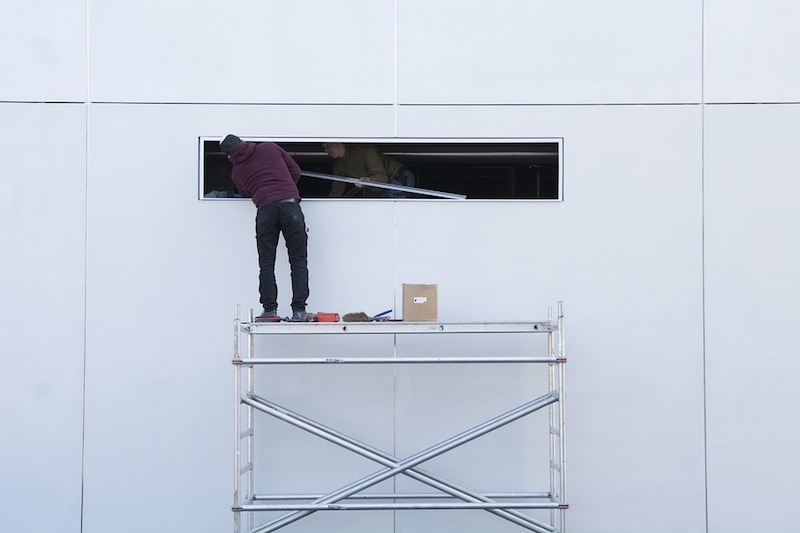New York State’s so-called “Scaffold Law,” which makes construction companies 100% liable for work-site injuries, is under heavy criticism for driving up the cost of construction projects.
Critics say the law will inflate the cost of the Gateway project, a new tunnel underneath the Hudson River for Amtrak and NJ Transit, by up to $300 million, according to a report in the New York Daily News. The law costs taxpayers at least $785 million annually and private businesses that work on public projects $1.49 billion per year, according to a study by SUNY Rockefeller Institute.
By consuming more tax dollars, the law has diminished the city’s ability to create more affordable housing, a housing advocate says. Insurance policies have become much tougher for contractors to obtain, a situation so dire that a coalition of builders on Long Island wants the state to declare “an insurance state of emergency.”
The president of the Building and Construction Trades Council of Greater New York says the law has been effective in preventing injuries and saving lives, and challenged critics to prove that the law has hurt companies’ finances.
Related Stories
| Apr 19, 2012
Washington city may base building code on rising sea level due to global warming
Aberdeen may become the first city in Washington to base a building code on rising oceans and global warming.
| Apr 19, 2012
CSI webinar on energy codes and building envelopes
This seminar will review recent changes in energy codes, examples of building enclosure wall assemblies for code compliance, potential moisture management and durability challenges, and design tools to assess and minimize potential problems.
| Apr 19, 2012
Innovative plan for storm water in Philadelphia gets EPA’s OK
Philadelphia's $2 billion plan to manage its storm water with green methods including porous pavement, green roofs, and more trees, was officially approved last week by the U.S. Environmental Protection Agency.
| Apr 19, 2012
LEED 2012 to include new credit category for transit-oriented development
The updated LEED 2012 system will introduce a new credit category, “Location and Transportation,” to encourage development oriented around public transit and more walkable communities.
| Apr 17, 2012
FMI report examines federal construction trends
Given the rapid transformations occurring in the federal construction sector, FMI examines the key forces accelerating these changes, as well as their effect on the industry.
| Apr 16, 2012
University of Michigan study seeks to create efficient building design
The result, the researchers say, could be technologies capable of cutting the carbon footprint created by the huge power demands buildings place on the nation’s electrical grid.
| Apr 13, 2012
Congress’s action doesn’t mean Pentagon can’t build LEED gold structures
Though Congress passed a defense budget preventing the Department of Defense from spending money to achieve LEED gold or platinum certification, the Pentagon may still end up constructing buildings to those standards.
| Apr 13, 2012
International Living Building Institute certifies first two Net Zero Energy buildings
A community building in Oregon and an office building in California are the first two projects to earn net-zero status under the International Living Building Institute’s Net Zero Energy Certification program.
| Apr 13, 2012
New York City’s building department investigating structural collapse that killed worker
Following a worker’s death, the collapse of a century-old, two-story warehouse under demolition as part of Columbia University’s expansion is under investigation by the city’s Building Department.
















